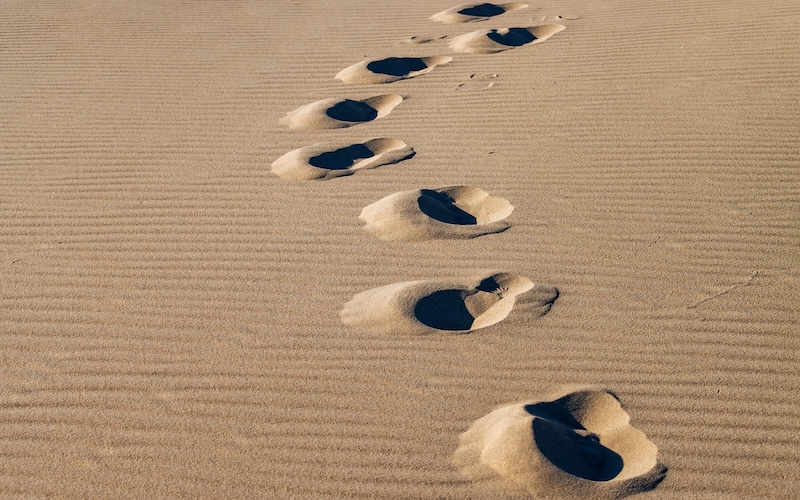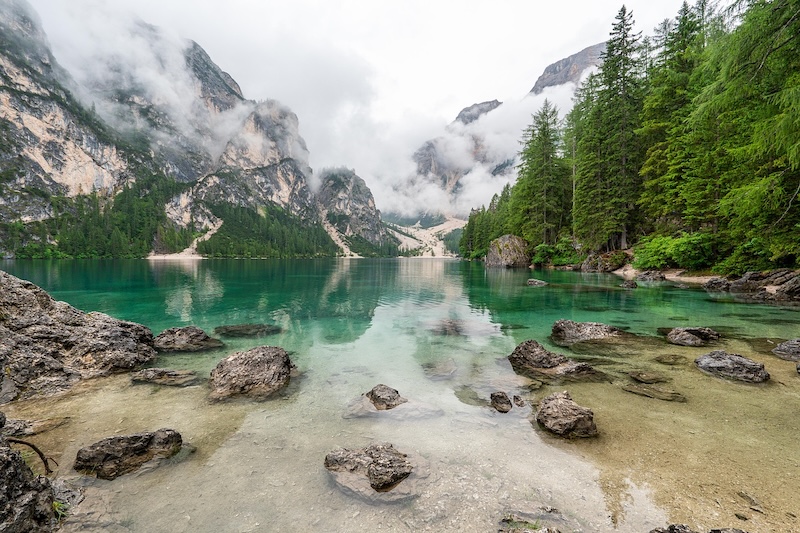In today’s fast-paced world, the concept of getting away, whether it’s a weekend retreat or an extended holiday, is no longer just a luxury. It’s often seen as an essential for our mental and emotional well-being. Escaping routine, stress and digital noise can help people to reconnect with themselves, reduce anxiety and return to everyday life with a renewed sense of clarity.

The Mental Health Benefits of Travel
When we step out of our regular environments, it gives our brains the chance to reset. Psychologists have long advocated for the benefits of “distance therapy”, removing yourself from a stressful situation or place to gain perspective. Travel disrupts negative thought patterns and exposes the mind to new experiences, people, and places. This process often inspires creativity, helps build resilience, and encourages mindfulness.
Just planning a trip is thought to have a positive impact on your mood.
Studies show that people who plan holidays feel happier due to the anticipation. Once they’re away, reduced exposure to work-related stressors and increased physical activity can help to lower cortisol levels, the stress hormone.
Reconnecting with Yourself and Others
Getting away also allows individuals to spend time with themselves without distraction. Whether it’s hiking alone or reading a book by the sea, this solitude can be restorative. For couples or families, shared experiences in new environments strengthen bonds, far removed from the distractions at home.
Time away also reinforces the importance of boundaries. Detaching from work emails, household chores, and social media fosters a much healthier work-life balance and reinforces the message that it’s ok to prioritise yourself.

The Power of Nature and New Environments
Location matters. Being surrounded by nature, such as coastal settings, mountains, or woodlands, has a calming effect on the mind. Exposure to green or blue spaces has been shown to reduce symptoms of depression, improve mood, and even aid sleep.
New environments also offer an opportunity for personal growth. Trying unfamiliar foods, exploring unknown areas, and interacting with diverse cultures broaden perspectives and build confidence. In essence, travel encourages people to be present in the moment.
Getting Away Isn’t Just for the Wealthy
While globe-trotting to exotic locations might seem out of reach for many, getting away doesn’t have to mean flying halfway around the world. A day trip to a quiet town, a hike in the countryside, or even a staycation can be beneficial. It’s about pausing your routine, not the distance travelled.
Celebrities Are Doing It Too
Even celebrities, often those in the public eye and facing immense pressure, are recognising the power of stepping away. Phillip Schofield, for example, has embraced the benefits of a time-out. Following a challenging period in the spotlight, Schofield recently made headlines for retreating to quieter surroundings. And when he’s ready to return, he will undoubtedly do so in a better place, having chosen to get away from it all, and with the support of friends such as Vanessa Feltz, who has welcomed his return.
Conclusion:
In a world that rarely pauses, taking time to get away is a powerful act of self-care. Whether it’s a brief escape or a longer retreat, the mental, emotional, and even physical benefits are clear. Sometimes, the best way to move forward is first to step back, and let a change of scenery do the healing.


